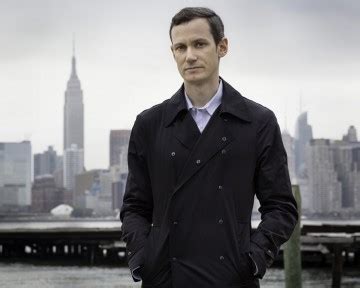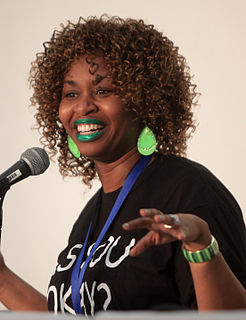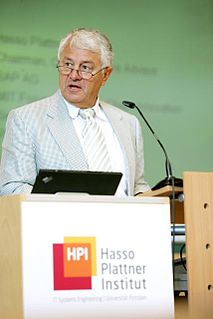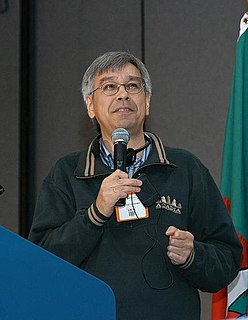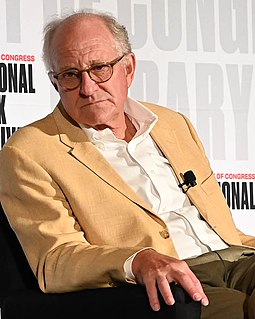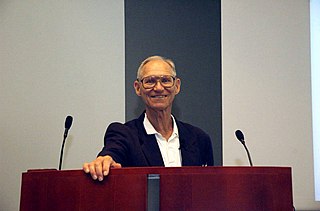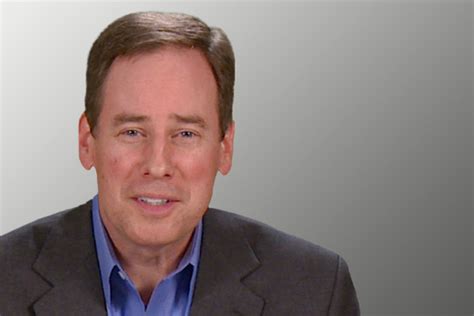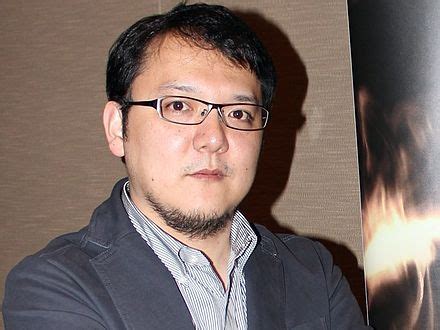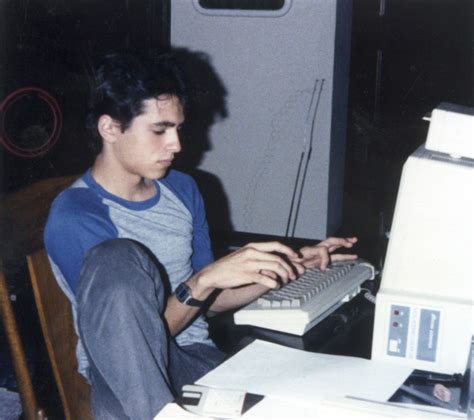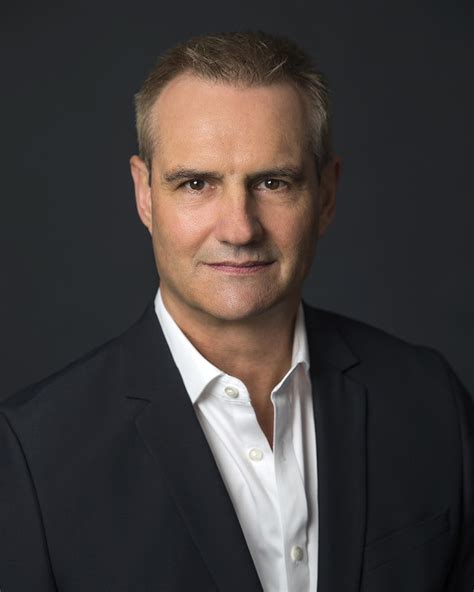Top 1200 Computer Software Quotes & Sayings - Page 3
Explore popular Computer Software quotes.
Last updated on April 19, 2025.
From the late '70s to the early '90s, I wrote anything anybody would pay me for. This ranged from articles on how to clean a longhorn cow's skull for living-room decoration to manuals on elementary math instruction on the Apple II... to a slew of software reviews and application articles done for the computer press.
The hazards posed by Near-Earth Asteroids are assessed by Sentry, a computer system developed by the Near-Earth Objects Group at NASA's Jet Propulsion Laboratory in Pasadena, Calif. The software factors together a cosmic rock's coordinates, distance, velocity, and gravitational influences to calculate its trajectory.
History is littered with great firms that got killed by disruption. Of course, the personal computer, a technology that first took root as a toy, got Digital Equipment Corporation. Kodak missed the boat for a long time on digital imaging. Sony was slow to get MP3 technology. Microsoft doesn't know what to do with open source software. And so on.
I founded an educational software company called Knowledge Revolution. We had the first fully animated physics lab on the computer. You could take ropes, pulleys, balls and anything else you'd use in your physics textbook and the program would allow you to build anything you can think of in a physics lab.
I think we should be clear: Companies will still need software that furthers their corporate goals and even gives them competitive advantage. That would be purchased and developed, if necessary, in house, or on a proprietary basis. But it needs to run on the company's computer system eventually, and its perfectly possible that system/network can be "rented out" from a utility.
What is the central core of the subject [computer science]? What is it that distinguishes it from the separate subjects with which it is related? What is the linking thread which gathers these disparate branches into a single discipline. My answer to these questions is simple -it is the art of programming a computer. It is the art of designing efficient and elegant methods of getting a computer to solve problems, theoretical or practical, small or large, simple or complex. It is the art of translating this design into an effective and accurate computer program.
Whether it's watching a $4,000 laptop fall off the conveyor belt at airport security, contending with a software conflict that corrupted your file management system, or begging your family to stop opening those virus-carrying 'greeting cards' attached to emails, all computer owners are highly leveraged and highly vulnerable technology investors.
When I use a direct manipulation system whether for text editing, drawing pictures, or creating and playing games I do think of myself not as using a computer but as doing the particular task. The computer is, in effect, invisible. The point cannot be overstressed: make the computer system invisible.
There's been a lot companies that have shown "zero to one" kind of growth in the computer, internet software age. Facebook and Google are zero to one companies. Apple's iPhone was the first smartphone that really works, and of course, then you scale it horizontally, but the vertical component was really critical. Space X would also be one.










